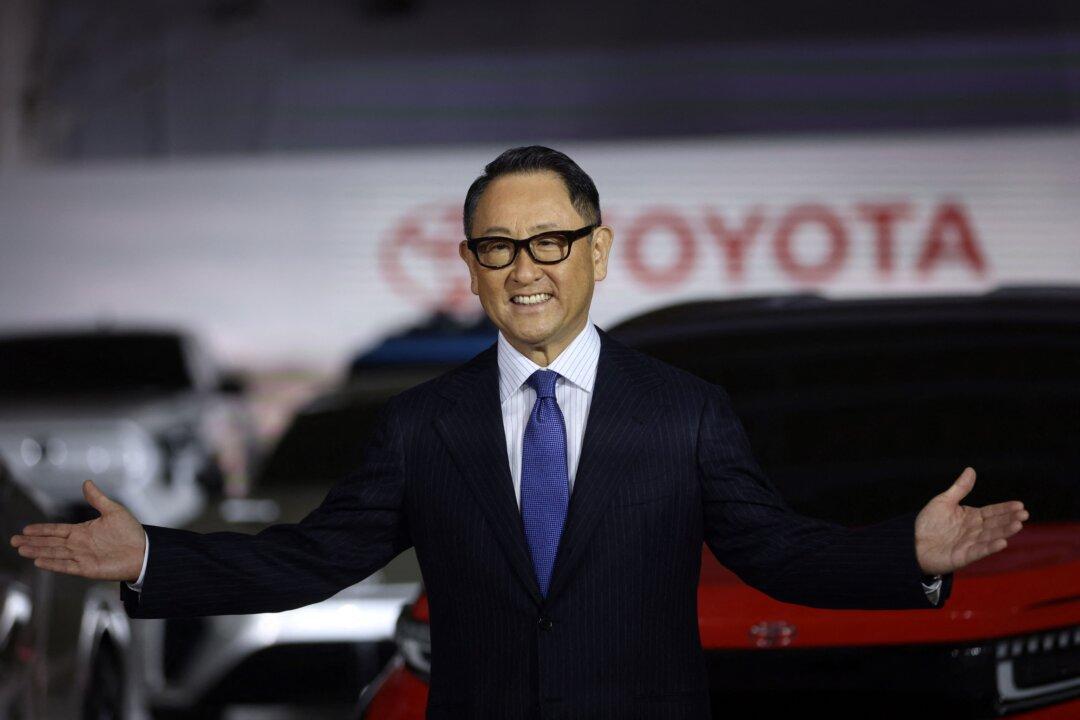Toyota’s chairman and former CEO, Akio Toyoda, told reporters at an auto show in Japan this week that waning demand for electric vehicles (EV) is a sign that people are waking up to the reality that EVs aren’t the silver bullet against the supposed ills of carbon emissions they’re often made out to be.
“People are finally seeing reality” about EV technology, Mr. Toyoda told reporters ahead of the Japan Mobility Show in Tokyo this week, speaking in his capacity as the head of the Japan Automobile Manufacturers Association, the organizer of the event.





